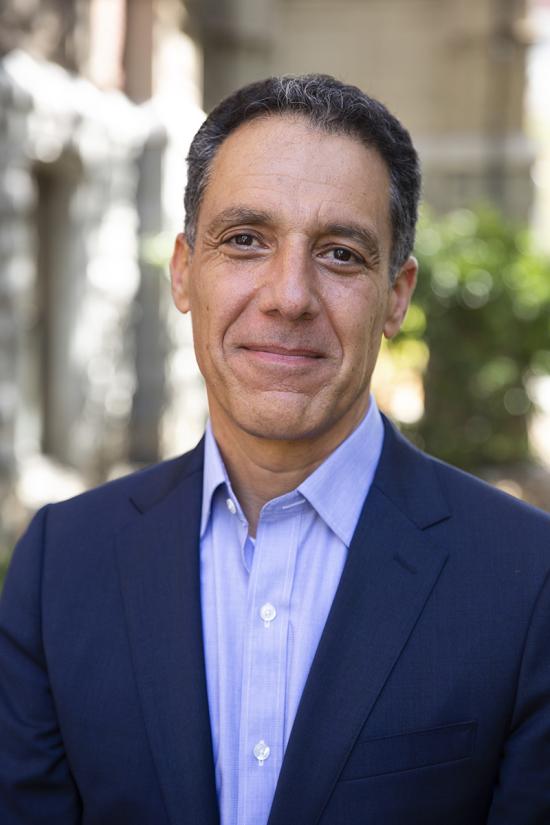From The Washington Post
Facebook bans deepfakes, but new policy may not cover controversial Pelosi video
By Tony Romm, Drew Harwell and Isaac Stanley-Becker
Facebook has banned users from posting computer-generated, highly manipulated videos, known as deepfakes, seeking to stop the spread of a novel form of misinformation months before the 2020 presidential election.
But the policy — first reported by The Washington Post, and confirmed by Facebook late Monday — does not prohibit all doctored videos. The tech giant’s new guidelines do not appear to address a deceptively edited clip of House Speaker Nancy Pelosi that went viral on the social network last year, prompting criticism from Democratic leaders and digital experts...
Hany Farid, a digital forensics expert at the University of California at Berkeley whose lab has worked with Facebook on deepfakes, similarly said the company’s new approach is too “narrowly construed.”
“These misleading videos were created using low-tech methods and did not rely on AI-based techniques, but were at least as misleading as a deep-fake video of a leader purporting to say something that they didn’t,” Farid said in an email Monday night. “Why focus only on deep-fakes and not the broader issue of intentionally misleading videos?”
Hany Farid is a professor at the UC Berkeley School of Information and EECS.










